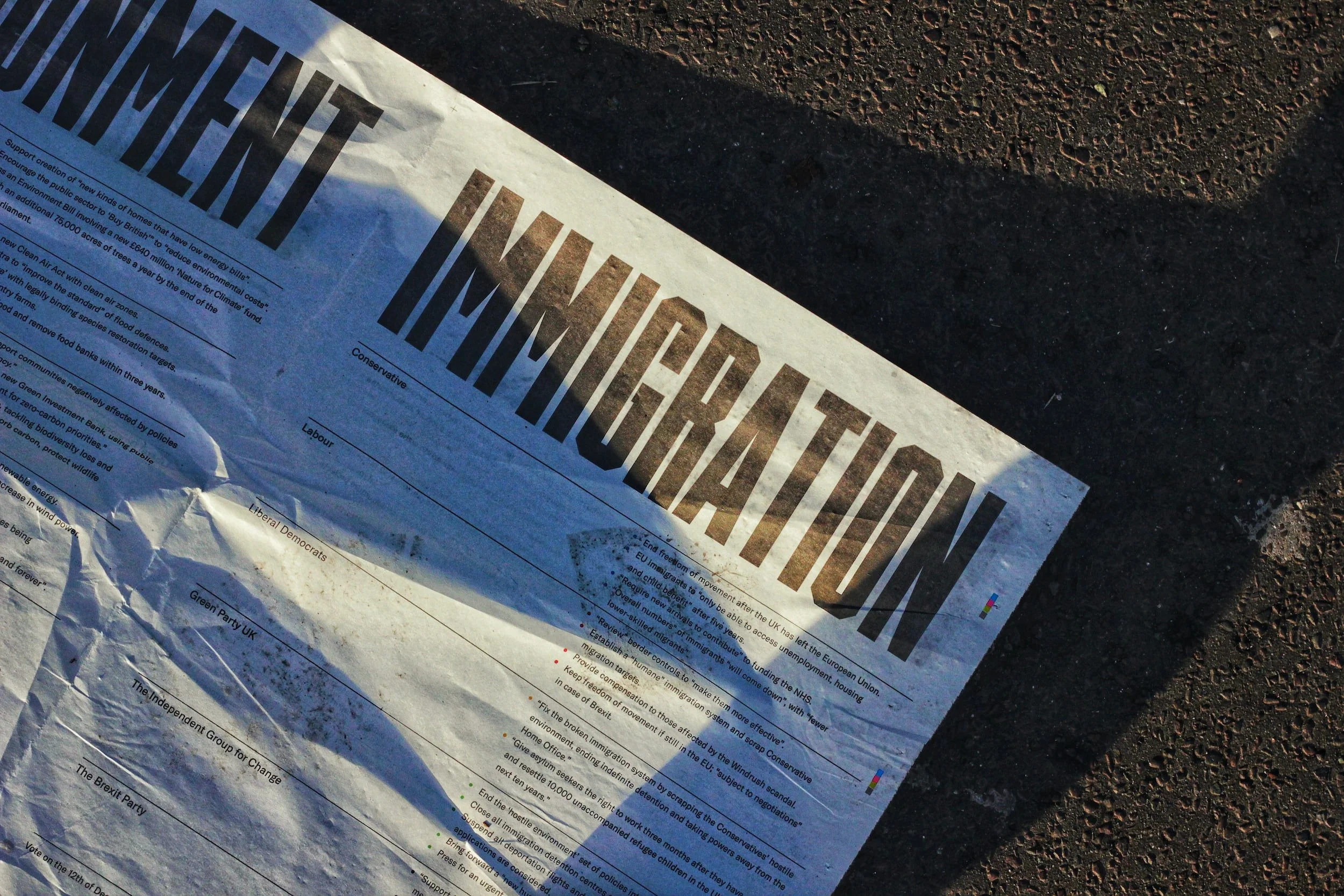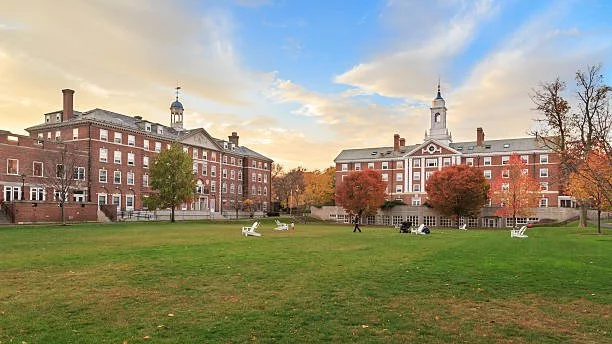This article overviews the upcoming Supreme Court Case 303 Creative LLC v. Elenis, investigating the constitutionality of Lori Smith’s declaration and intention to deny her services to same-sex couples.
Read MoreDespite United States citizens beginning to experience the effects of global warming, Congress still treats the issue of climate change as a bipartisan issue, as seen with the 2022 midterm election.
Read MoreThe Constitution guarantees counsel to indigent criminal defendants, but low-income individuals still suffer from a lack of access to effective civil counsel. By providing counsel in cases involving basic human needs, the government can promote the common good and reduce inequity in the American legal system.
Read MoreThis article examines two bills part of the global seed privatization effort and situates them in the context of global trade policies and corporate interests.
Read MoreWhile the Commerce Clause enumerates Congress’ power to regulate interstate commerce, it has a lesser-known, dormant aspect that restricts states’ power over interstate commerce. By investigating precedent and an ongoing case within the pork industry, this article examines the Dormant Commerce Clause through both a historic and modern day lens.
Read MoreThe Landback movement, started in 2018, is the fight to return Indigenous Land stolen by European colonizers back to Indigenous people. Legal battles have and continue to take place across the nation—including in Charlestown, Rhode Island. (Image via Wikipedia)
Read MoreThere have been a record amount of anti-LGBTQ+ laws passed recently in the US. This article analyzes Louisiana SB44 as an example of state bans against transgender athletes and situates it in the national context.
Read MoreThe Chevron deference doctrine has defined administrative law for decades. A skeptical Supreme Court is eroding it through inconsistency and neglect.
Read MoreRecent lawsuits over stolen NFTs elicit a reevaluation of digital asset protections: must we create legal protections specifically for NFTs? (Image via The New Yorker)
Read MoreMoore vs. Harper, which will be argued in front of the Supreme Court in December, centers around the once-fringe independent state legislature theory, a radical legal doctrine that could entirely overturn how elections in America operate. Independent state legislature theory regards an alternative reading of the Constitution that would grant unchecked authority over federal elections to state legislatures, with potential monumental implications for election laws and redistricting. (Image via Pixabay)
Read MoreThe Moore v Harper Supreme Court case which is set to be argued following the 2022 Midterm elections will have serious implications for the future of redistricting. Will the country continue to use our current system of checks and balances in the way voting is administered? (Image via iStock Photos)
Read MoreThis article overviews Elon Musk’s acquisition of Twitter and presents the legal arguments that would arise if he backed out of his original Twitter deal. (Image via NY Times)
Read MoreThe overturning of Roe in the controversial Dobbs opinion sparked outrage and calls to reform the Supreme Court as an institution. Dobbs reduces the right to female autonomy and reproductive freedom—and an emboldened conservatism in the Supreme Court has thrown into question the future of privacy protections in Loving and Obergefell.
Read MoreIn early November, the Supreme Court will hear Haaland v. Brackeen. The case stands to determine whether the Indian Child Welfare Act of 1978 (ICWA) discriminates on the basis of race, thereby violating the United States Constitution, and if its federal regulation over child placement unjustly commandeers state powers? Given the historical context of the ICWA, the case’s outcome will drastically impact the future of tribal sovereignty.
Read MoreAfter a summer SCOTUS ruling about the Trump-era “Remain in Mexico” policy, the Biden administration faces difficult questions regarding the future of Central American immigration.
Read MoreWith public health law being applied to cases ranging from vaccination mandates to regulating greenhouse gases, legal critics are skeptical of the field’s legitimate scope and the current Supreme Court has aggressively diminished the applicability of public health litigation.
Read MoreThe Supreme Court has two huge affirmative action cases this term. The implications of their decision will rock college admissions for years to come. (Image via iStock Photos)
Read MoreWith the Supreme Court’s decision in including sexual orientation among sex-based discrimination, courts must review their standards for what entities qualify for employer religious exemption.
(Image via Texas Monthly)
Read More
















